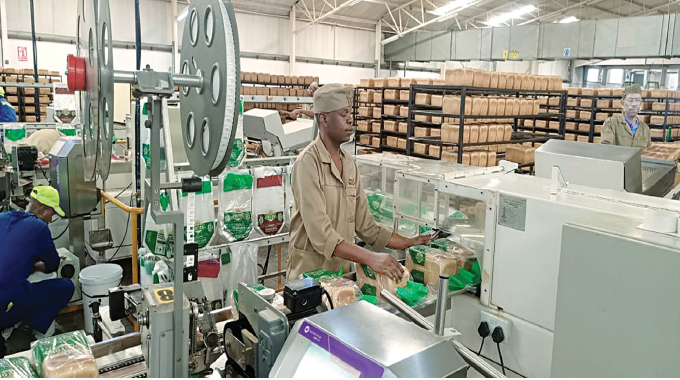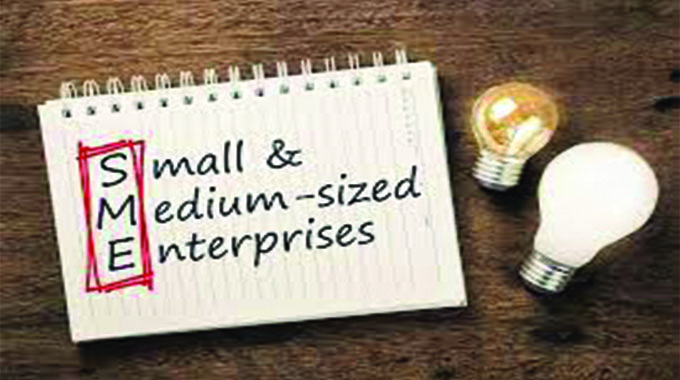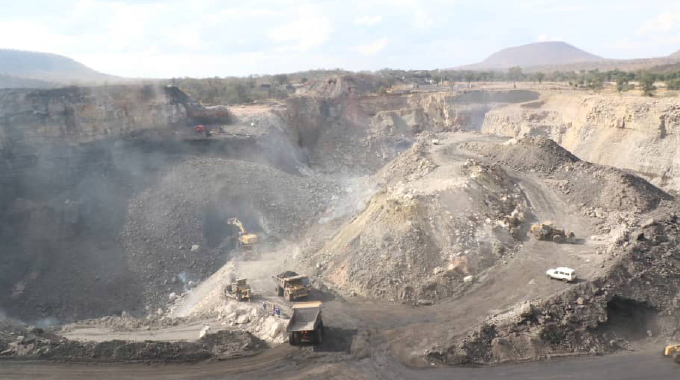Grindrod Ltd eyes Zim, Zambia, Moza rail investment
GRINDROD Ltd (GND, a South African freight company, is seeking commodity contracts outside its home market to help offset a decline in shipping that contributed to reduced first-half profit by a almost third.
“We are looking at big projects, very capital-intensive projects in neighbouring countries,” Chief Executive Officer Alan Olivier said by phone from Johannesburg yesterday.
“They will have to open up. Grindrod is keen to participate.”
While South Africa is investing about 210 billion rand ($19.6 billion) in infrastructure to boost the transportation of commodities including iron ore and coal, neighbouring countries are hampered by poor railway networks.
“Durban-based Grindrod plans to invest in Mozambique, Zimbabwe and Zambia, the continent’s second-largest producer of copper, according to Olivier.
Grindrod earnings per share excluding one-time items slumped 32 percent to 0.52 rand in the six months through June, the company said in a statement.
Revenue rose 22 percent to 4.4 billion rand. The interim dividend was set at 13.6 cents, down from 20 cents a year earlier.
“Shipping earnings haven’t been good,” Olivier said. “We’ve had a relatively slow start.”
The Baltic Dry Index (BDIY), a measure of commodity shipping costs, has declined 53 percent this year.
Grindrod shares fell as much as 5.6 percent, the steepest intraday decline since August 1, and traded 4.6 percent lower at 240.9 rand as of 1:28 p.m. in Johannesburg. The stock has declined 14 percent this year, compared with an 11 percent gain in the FTSE/JSE Africa All Shares Index.
“The market was expecting some earnings pressure from shipping, due to weak shipping rates, trading, due to the closure costs from Atlas Trading, and the impact of industrial action through logistics and the Maputo car terminal,” Brent Madel, an analyst at Cape Town-based BPI Capital Africa, said in e-mailed comments.
“However, the remaining Freight Services came under more pressure than expected.”
Grindrod co-manages Mozambique’s biggest port in Maputo. Goods haulage at the facility rose 19 percent to nine million metric tons in the half year, Olivier said, led by a “very good demand” for magnetite and coal. Last year, transportation was disrupted by the collapse of a bridge.
“The market will seek to get more clarity on the timing of the capital-expenditure roll out and how quickly some of the freight services operations that performed poorly turn around,” Madel said.









Comments